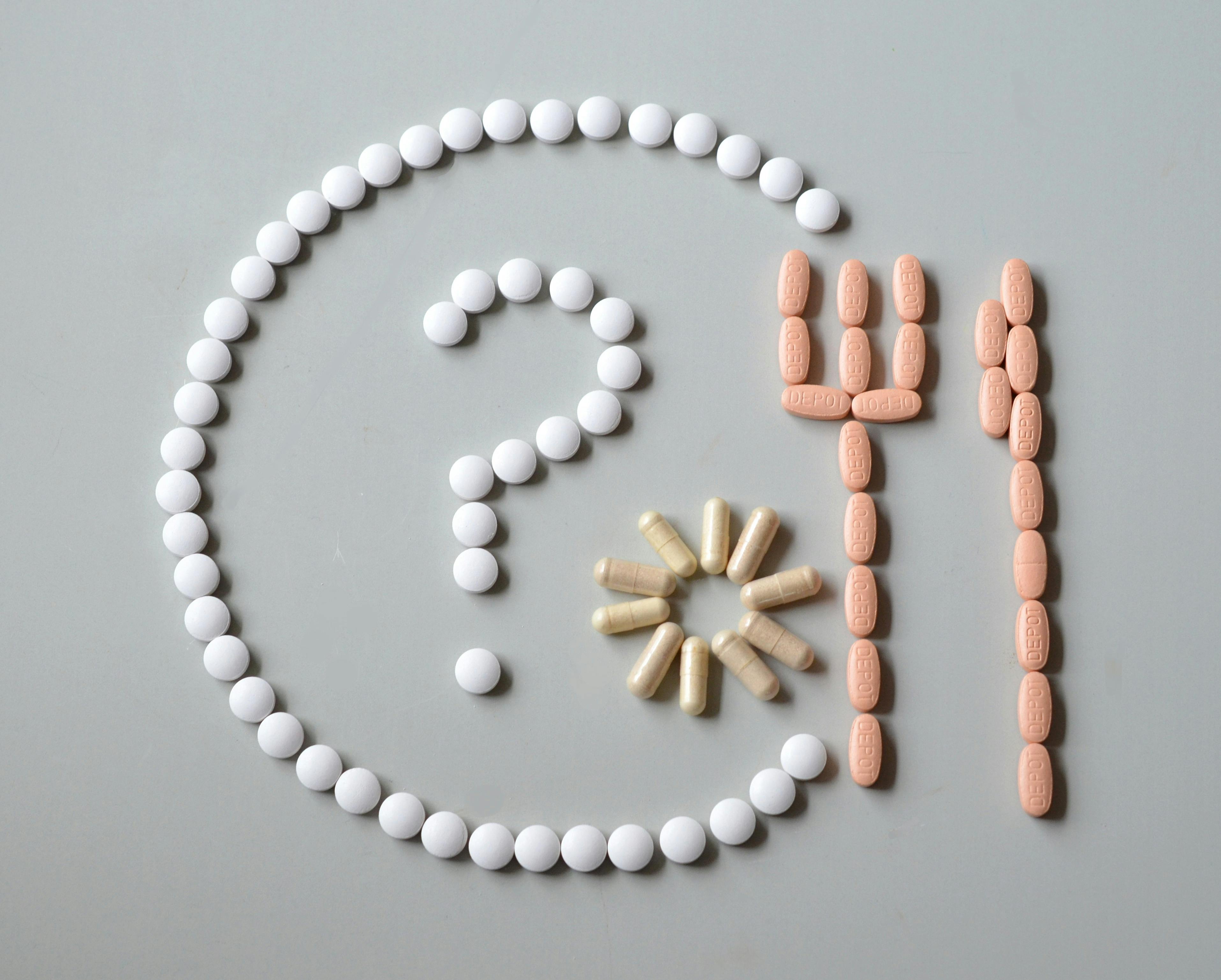In boardrooms and brainstorming sessions across the food industry, much attention is paid to ingredients, packaging and the ever-evolving tastes of the consumer. But what if the next major disruption isn’t just a trend but a pill that could reshape the future of food? Discover how your brand can offer more than just taste and respond to the changing eating habits of millions of people worldwide in this “appetite revolution”.

Some disruptions arrive not as a trend, but as a pill. GLP-1 drugs - like Ozempic and Wegovy -are among them. Originally developed to treat diabetes, they’re now making headlines for a different reason: rapid, sustained weight loss. Sales of these medications are booming. But here’s the twist: they’re not just changing waistlines; they’re beginning to reshape the very foundations of what, why and how we eat. For the food industry, built on desire, that’s a huge adjustment.
Indulgence under pressure
GLP-1 drugs work by mimicking the body’s natural satiety signals, reducing hunger and cravings. For consumers, that means fewer mindless snacks, skipped indulgent moments and less volume overall. If this continues - especially if these drugs become mainstream - the implications for the food industry are profound. When these drugs become as normalized as statins or multivitamins (and all signs suggest they might) we’re looking at a shift on a scale the food industry has rarely faced.
Early signals are already visible in earning reports of major food companies like PepsiCo and McDonald’s. Companies built on high-volume consumption of indulgent, processed foods. This massive behavioural and cultural shift can be attributed to changing health priorities, consumer sentiment and many other factors. But what if it is pointing to something deeper?
Food in a post-appetite world
The landscape is changing fast. Pharma companies are scaling up production and innovation, broader medical applications are emerging, and cultural taboos are fading. These drugs are becoming part of mainstream wellness. This doesn’t mean indulgent brands will vanish. But it does mean they’ll need to evolve. Fast. With new formats, sharper value propositions and a more nuanced understanding of the new consumer mindset.
What could it mean in concrete terms?
- From craving to control
The emotional pull of food - comfort, celebration, reward - may weaken as physical cravings fade. Consumers on GLP-1 drugs don’t just eat less; they eat with intention. Brands built on pure indulgence may struggle.
- Less consumption, more justification
Smaller portions may become the standard, but expectations per bite will rise. Consumers seek high-function and personalization, expecting more meaning, nutrition or delight. This could fuel premium segments of healthy snacks. And people are eating less, its rational and ritual value must rise to meet the moment - which may make them willing to pay more for better quality.
- Rewriting brand stories
The language of food will evolve: from “treat yourself” to “support your goals”, from “guilty pleasure” to “smart fuel.” It’s about reframing what joy looks like in a world where hunger is no longer the main driver. Indulgence will need to reinvent itself as a special, perhaps rarer, premium experience. Brands will need to pivot from "more is better" to "better is better”.
Strategic questions, real stakes
GLP-1 drugs are quickly becoming more than medicine. They’re joining the ranks of wearable tech and fitness apps, symbols of a new era of self-optimization. If millions of people around the world start regulating appetite externally, what happens to a category built on desire, habit and volume?
Some questions (food) brands should be asking today:
- How do we build brand love in a world of less emotional eating cues?
- Can indulgence shift from routine to ritual, and still be profitable?
- Will “healthy” move from a brand differentiator to a baseline expectation?
At One Inch Whale, we help (food) brands navigate change - not just react to it. Whether you’re building the future of health-forward snacks, rethinking indulgence or exploring how GLP-1 trends intersect with your category, we’re here to ask the big questions before they become existential ones.
The future won’t be shaped by appetite alone; it will be shaped by the companies that dare to reimagine what food can mean in a world where desire is no longer a given. Because in the food world of tomorrow, being tasty won’t be enough. Being relevant will.

